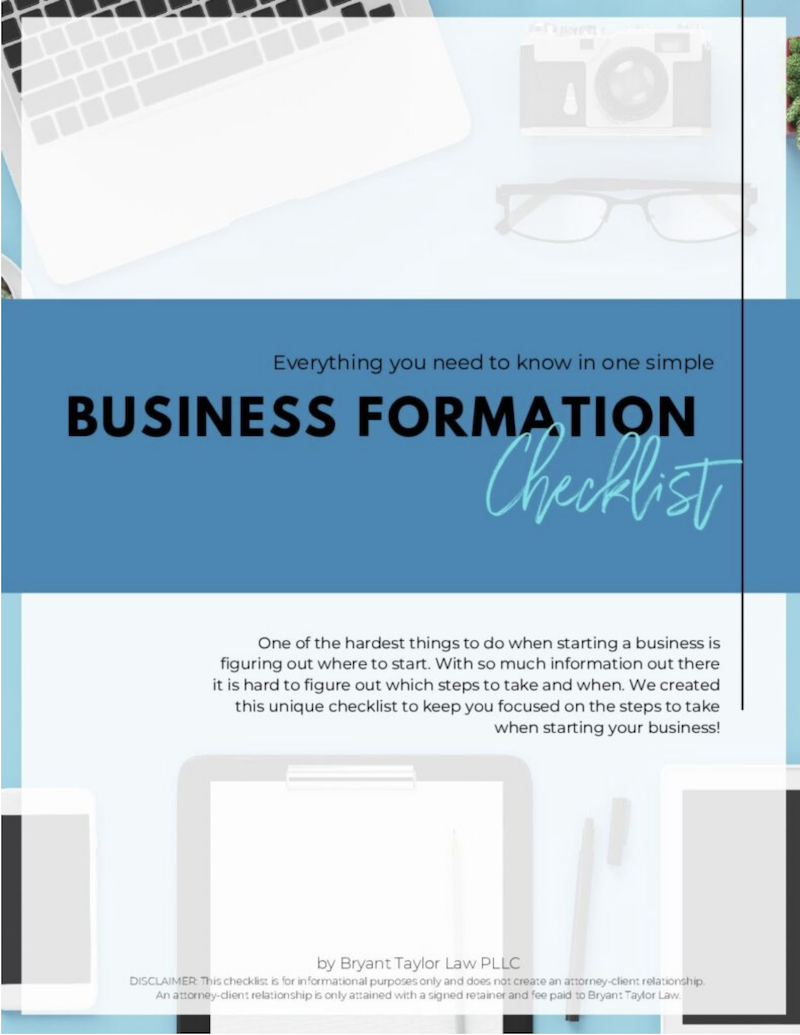
Creating an effective employee contract is a vital step for any business. It sets the foundation for a clear, professional relationship between employer and employee. In our previous blog, we looked at the best hiring processes, and today, we are examining how to draft contracts. We will outline the essential elements of a good employee contract, its objectives, and, most importantly, how it protects your business.
What a Contract Should Include
An employee contract should clearly state the job role and responsibilities. Employees should have a clear understanding of what is expected of them. The contract should also include terms of employment, such as whether the position is full-time, part-time, or temporary/seasonal.. Additionally, it’s essential to mention the salary or wage, including any benefits like health insurance or retirement plans.
The contract should specify the working hours and any overtime policies. This includes details about breaks and lunch hours. It should also outline policies on vacation, sick leave, and other types of leave. Having these details helps avoid misunderstandings later. The contact is an opportunity to address confidentiality agreements and non-compete clauses, if applicable. These clauses protect the business’s sensitive information and interests. Furthermore, the contract details the employee’s responsibility for company property or equipment.
Including a clear dispute resolution process is crucial to handle any disagreements that arise during employment. The contract can speak to any opportunities for advancement or performance reviews, setting clear pathways for employee growth. Additionally, a section on workplace safety and employee health is essential, ensuring employees know their rights and responsibilities and their role in maintaining a safe work environment.
What Contracts Should Achieve
The main goal of an employee contract is to have a written and mutual understanding between the employer and the employee. It should communicate job expectations and responsibilities. This helps in setting performance standards and evaluating employee performance. The contract should also legally protect both the employer and the employee.
Contracts will be referenced if a dispute arises, creating proactive measures for dispute resolution. For the employee, it ensures job security and clarity about their role and compensation. For the employer, it helps maintain consistency in managing employees and protects the company’s interests. An effective contract promotes a professional work environment. It outlines the workplace’s rules and policies, which help maintain order and discipline.
It also gives employees a sense of security, as they know what to expect from the job and what the company expects. Moreover, the contract should foster a positive work culture by clearly stating the company’s values and expectations regarding workplace behavior and ethics. It should also be adaptable, allowing for amendments as the business grows and changes. Regularly updating the contract to reflect current employment laws is crucial to remain compliant and protect both parties.
The contract should also encourage open communication, providing a framework for employees to voice concerns or request clarifications. Ultimately, an effective contract should be a tool for building a strong, enduring employer-employee relationship that benefits both the business and its staff.
Bryant Taylor Law
At Bryant Taylor Law, we understand the importance of developing effective employee contracts. Our team can guide you in building the right foundation for your business at its earliest stages. Schedule a business strategy session with us, and we will guide you through formations and resolving partnership disputes.
Bryant Taylor
Latest posts by Bryant Taylor (see all)
- Understanding Hard Money Lending for Real Estate Investments - April 18, 2024




